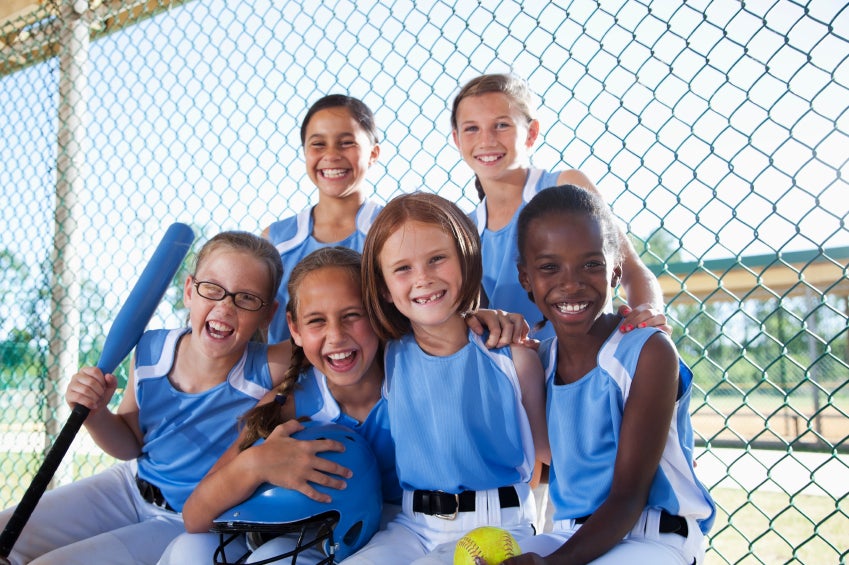
It’s back to school time, a time when we have a ton of things to check off the list: new clothes, new books and supplies, getting enrolled in some fun physical sports for good exercise, and more. Before you completely check off the sports part, you want to consider getting your teenaged-child a sports physical to minimize risk of injury.
A small risk of injury shouldn’t deter teenagers from some healthy exercise. Even with their young metabolisms, teenagers need lots of exercise. There is no better way to get good exercise than to engage in a fun team sport, like soccer, volleyball, football, or softball. But kids need to know things about their individual bodies that can make their sports activities much safer.
A sports physical is different from a regular physical. Your child’s doctor will look for things like allergies to bee stings, high blood pressure, epilepsy, asthma and others. A sports physical consists of tests that should uncover any conditions your child has that might make sports participation unsafe. Based on any conditions they find, your health care provider can determine which sports would be safe for your child to play and at what level of competition.
While they are engaged in high-impact sports like football or soccer, you also want to keep an eye on your child when they come home from practice or a game for signs of a concussion. Observe if your child has any abnormal behaviors from the day’s events.
According to Lovelace Dr. Felipe Zanghellini, signs you need to watch for include headache, nausea, vomiting, or if they are not acting like they usually do. Look for anything that looks abnormal. Parents know their children, “if they have doubts, he says, “what I recommend is to get them evaluated, because sometimes they can have a problem that is not necessarily a concussion, but maybe they didn’t hydrate well during the game.”
Don’t be too frightened by the process of learning about your child’s health.Keep in mind that exercise is also important to your child’s health. Most children will still be able to play their desired sport, while on some occasions, some children might need some treatment or extra safety equipment to play. But remember, if your child had a physical last year, that doesn’t mean they won’t need one this year. Your child will need an annual sports physical to ensure their optimal safety.
“I always recommend exercise every day,” . “Exercise is very good for you, for at least 30 minutes to an hour if possible. For children, play is extremely important in their social development. Contact with nature is something that should really be encouraged with children - they should learn to appreciate and enjoy it.”
Contact your primary care physician to schedule an appointment before your child gets into the thick of athletic activities. Please call (505) 727-2727 or click here to find a provider near you.




